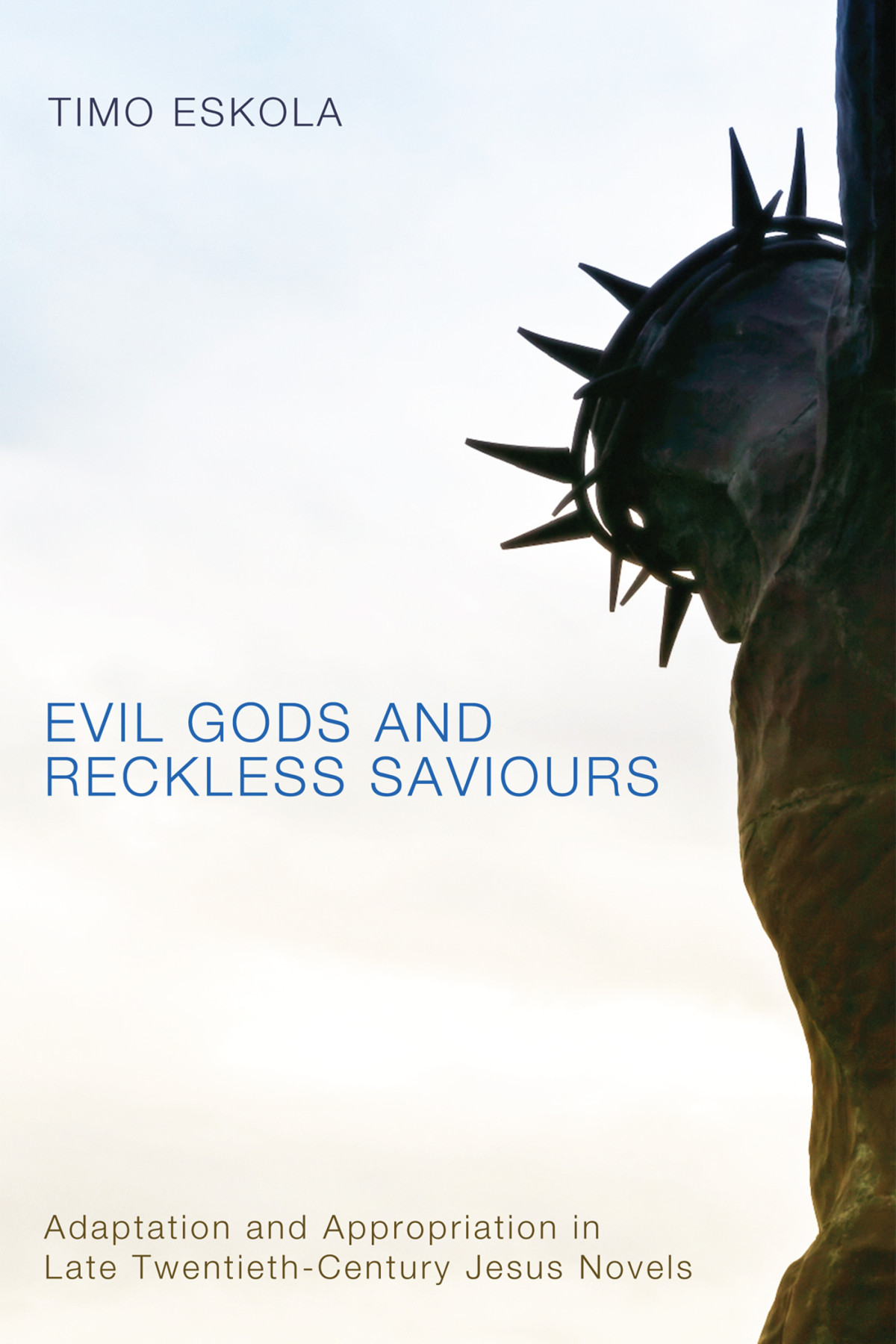

Most ebook files are in PDF format, so you can easily read them using various software such as Foxit Reader or directly on the Google Chrome browser.
Some ebook files are released by publishers in other formats such as .awz, .mobi, .epub, .fb2, etc. You may need to install specific software to read these formats on mobile/PC, such as Calibre.
Please read the tutorial at this link: https://ebookbell.com/faq
We offer FREE conversion to the popular formats you request; however, this may take some time. Therefore, right after payment, please email us, and we will try to provide the service as quickly as possible.
For some exceptional file formats or broken links (if any), please refrain from opening any disputes. Instead, email us first, and we will try to assist within a maximum of 6 hours.
EbookBell Team

0.0
0 reviewsLate twentieth-century Jesus novels carve out a completely new picture of Jesus. Those written by Norman Mailer, Jose Saramago, Michle Roberts, Marianne Fredriksson, and Ki Longfellow, among others, provide inversive revisions of the canonical Gospels. Their adaptations often turn into a critique of the whole of Christian history. The contrast novels investigated in this study end up with appropriations that are based on prototypical rewriting. They aim at the rehabilitation of Judas, and some of them make Mary Magdalene the key figure of Christianity. Saramago describes God as a bloodthirsty tyrant, and Mailer makes God battle the devil in a Manichaen sense as with an equal. The main result of this intertextual analysis is that these authors have adopted Nietzschean ideas in their writing. An attack on the so-called biblical slave morality and violent concept of God deprives Jesus of his Jewish messianic identity, makes Old Testament law a contradiction of life, calls sacrificial soteriology a violent paradigm supporting oppression, and presents God as a cruel monster. As a result, Jewish faith appears in a negative light. Apparently, Western culture still harbours anti-Judaic attitudes, albeit hidden beneath sentiments of equality and tolerance. Timo Eskola skillfully shows that despite the evident post-Holocaust consciousness present in the novels, they actually adopt an arrogant and ironic refutation of Jewish beliefs and Old Testament faith.